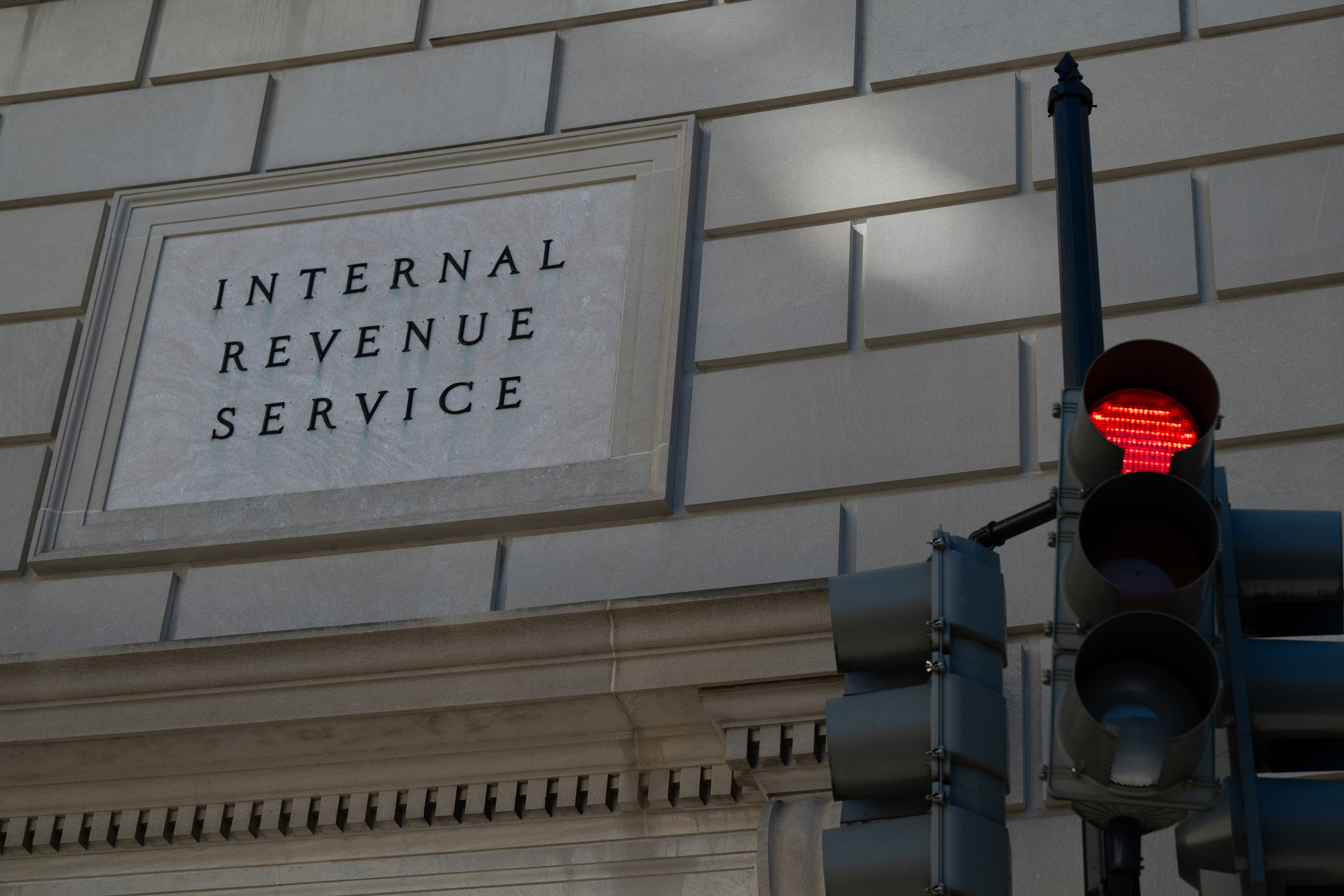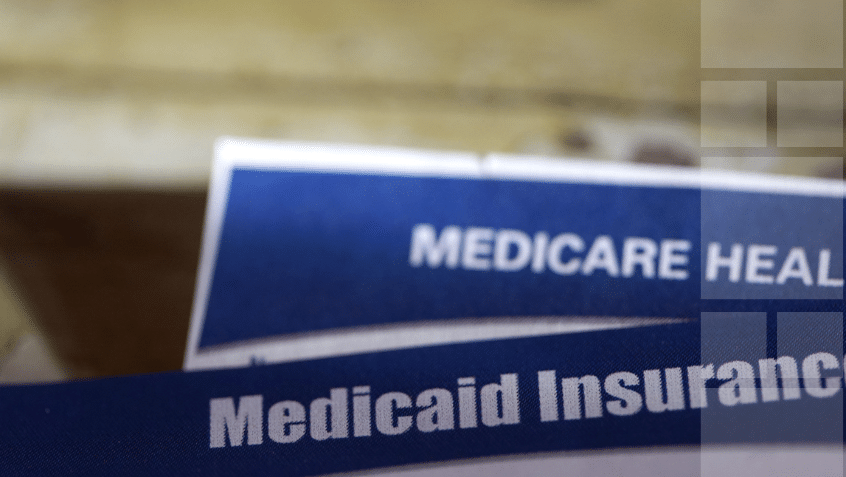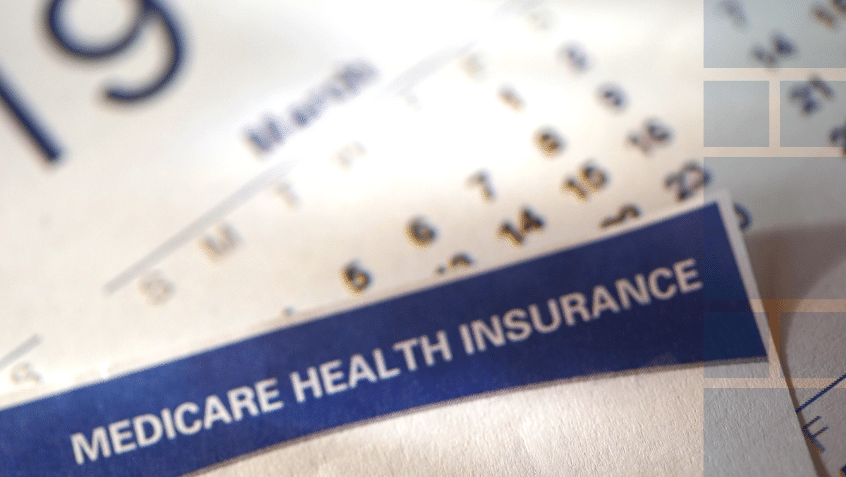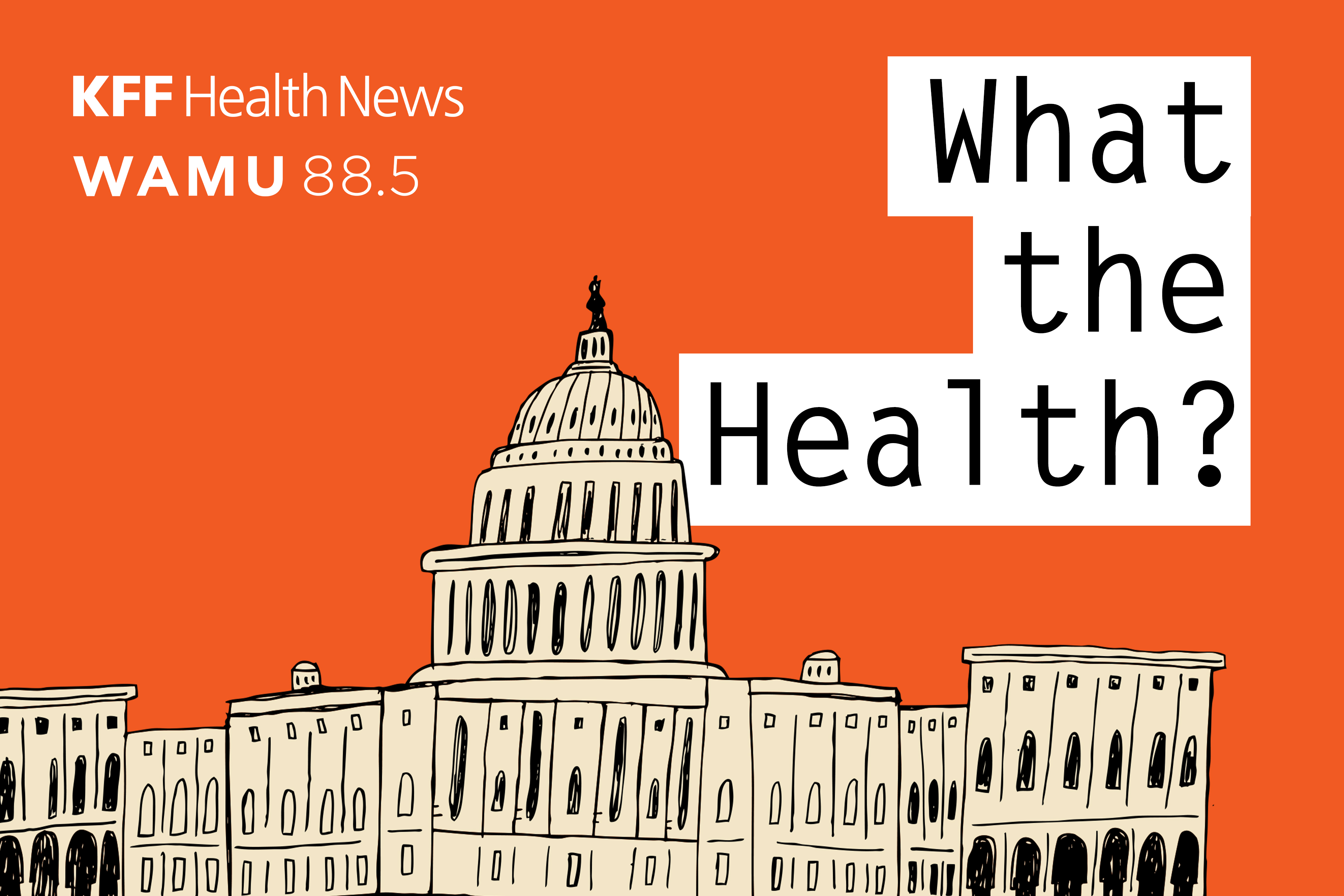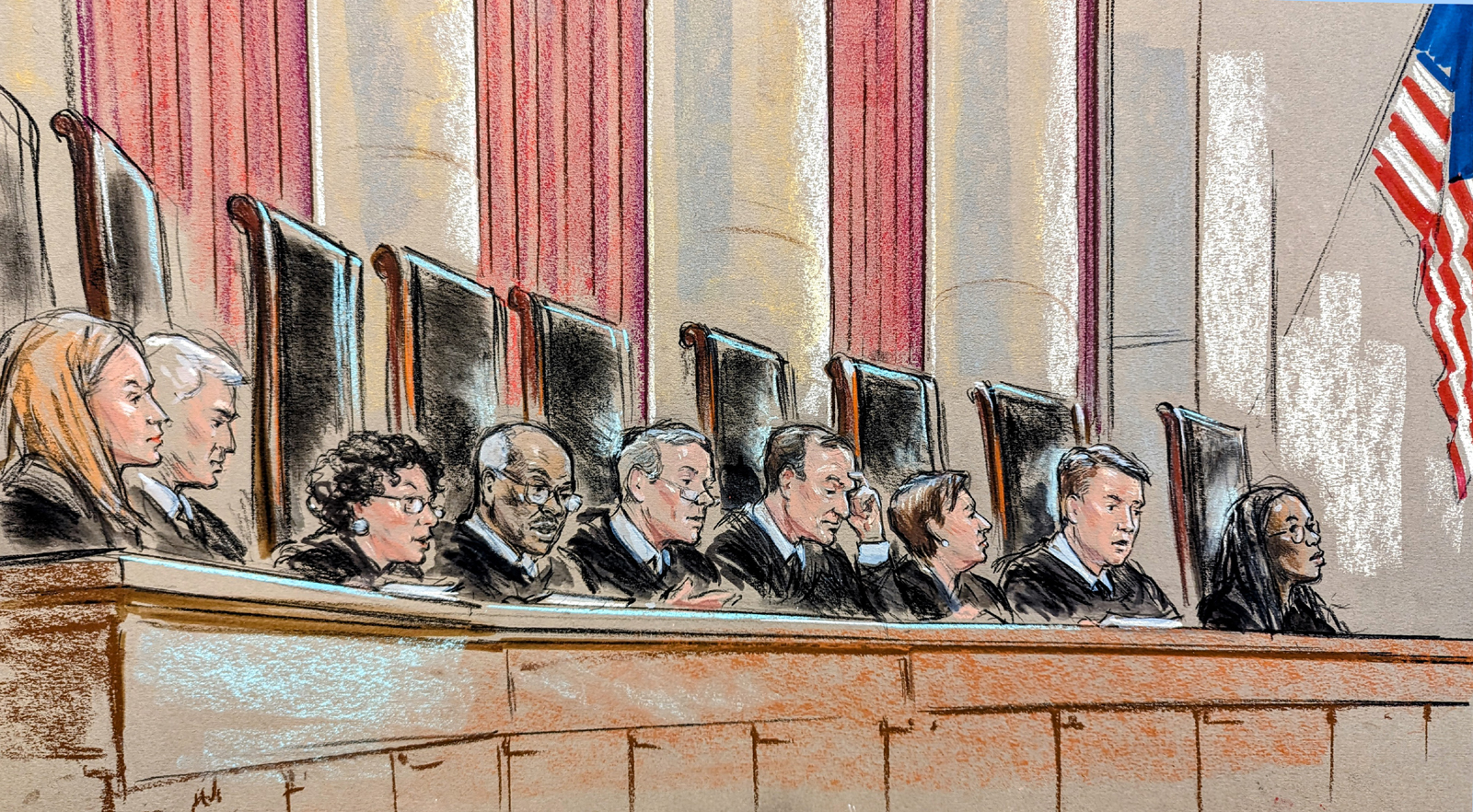The Medicare Rights Center applauds the recent introduction of the Beneficiary Enrollment Notification and Eligibility Simplification (BENES) 2.0 Act (H.R. 4960) in the U.S. House of Representatives.
Led by Reps. Gus Bilirakis (R-FL), Raul Ruiz, M.D. (D-CA), Dwight Evans (D-PA), and Brad Schneider (D-IL), this bipartisan bill would require the federal government to provide advance notice to people approaching Medicare eligibility about basic enrollment rules, filling a longstanding gap in outreach and education.
The Information Gap
While most older adults and people with disabilities are automatically enrolled in Medicare Part B, a growing number are not. These individuals must make an active enrollment choice, taking into consideration specific timelines, complex Medicare rules, and their existing coverage.
Beneficiaries may face financial penalties, higher-than-expected medical costs, and lapses in health coverage.
Far too many people make mistakes when trying to navigate this confusing system. Every year, the Medicare Rights Center’s national helpline hears from people who believed they were following the rules, only to discover too late they missed a key deadline or decision point. The consequences can be severe: Beneficiaries may face steep financial penalties, higher-than-expected medical costs, and lapses in health coverage. For many, these missteps are rooted in a lack of timely, actionable enrollment information.
A Bipartisan Solution Building on Progress
The BENES 2.0 Act would help prevent these costly errors by empowering informed enrollment and coverage choices. In ensuring that people nearing Medicare eligibility receive critical guidance about how and when to enroll, the BENES 2.0 Act offers a common-sense solution to an enduring and widespread issue. Its policies build upon the successes and goals of the original BENES Act, further modernizing Medicare enrollment to bolster enrollee health, well-being, and economic security.
Looking Ahead
With the U.S. population aging rapidly and more people working later in life, fewer people are automatically enrolling in Medicare than in the past. These shifts make effective outreach and education ever more urgent.
In 2021, nearly 780,000 Medicare beneficiaries were paying a Part B Late Enrollment Penalty that increased their monthly premium by around 27%. Because the penalty applies as long as the individual has Part B, it is effectively lifelong. Without action, such hardships will only mount.
We look forward to working together to bring the BENES 2.0 Act’s important reforms to life.
The Medicare Rights Center thanks Representatives Bilirakis, Ruiz, Evans, and Schneider for their leadership on this issue. We look forward to working together to bring the BENES 2.0 Act’s important reforms to life.


